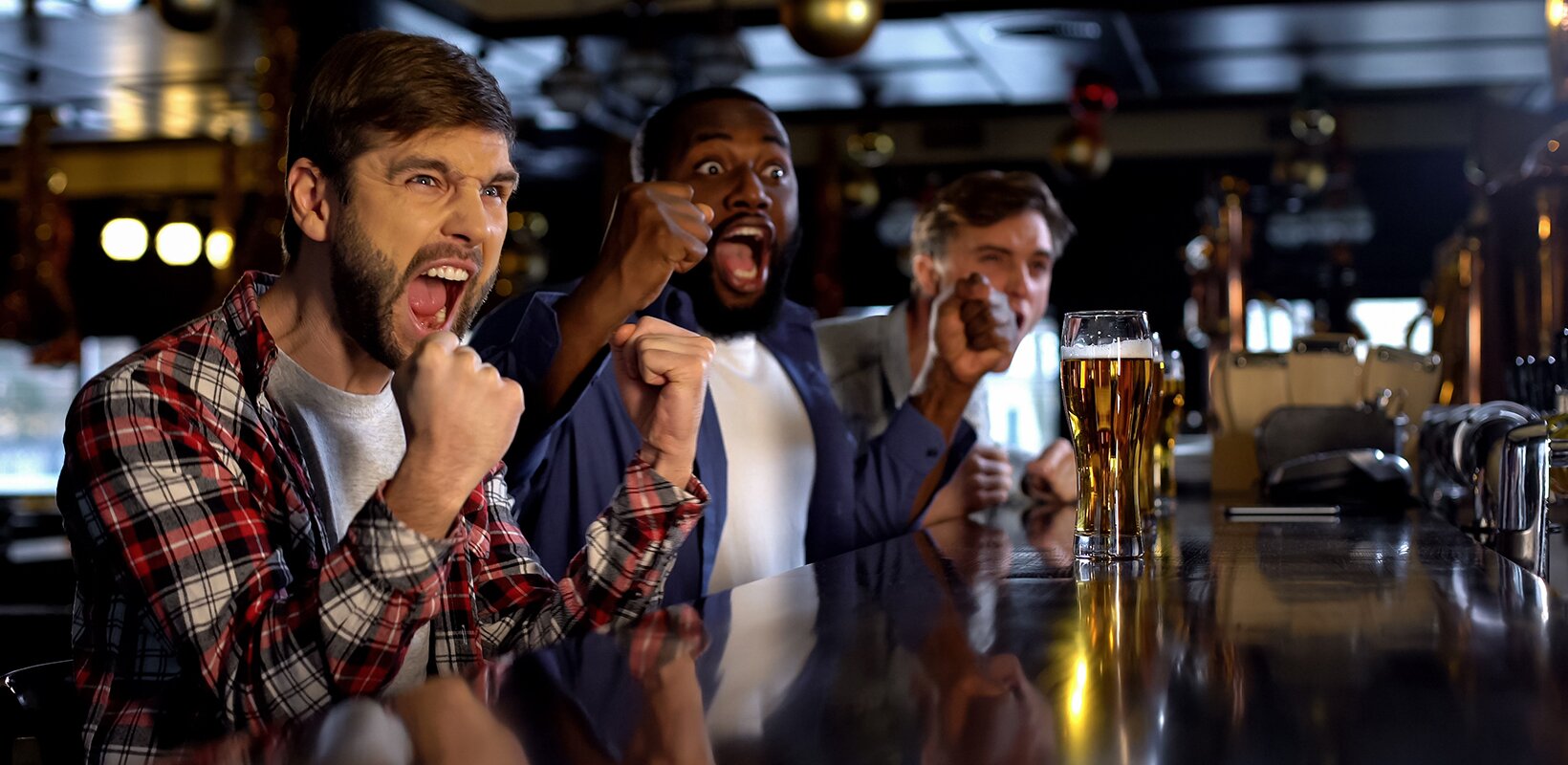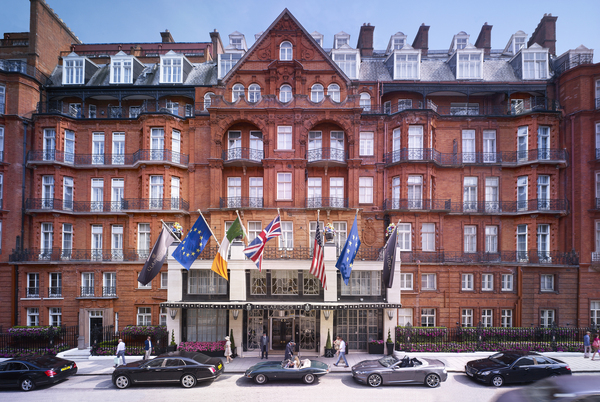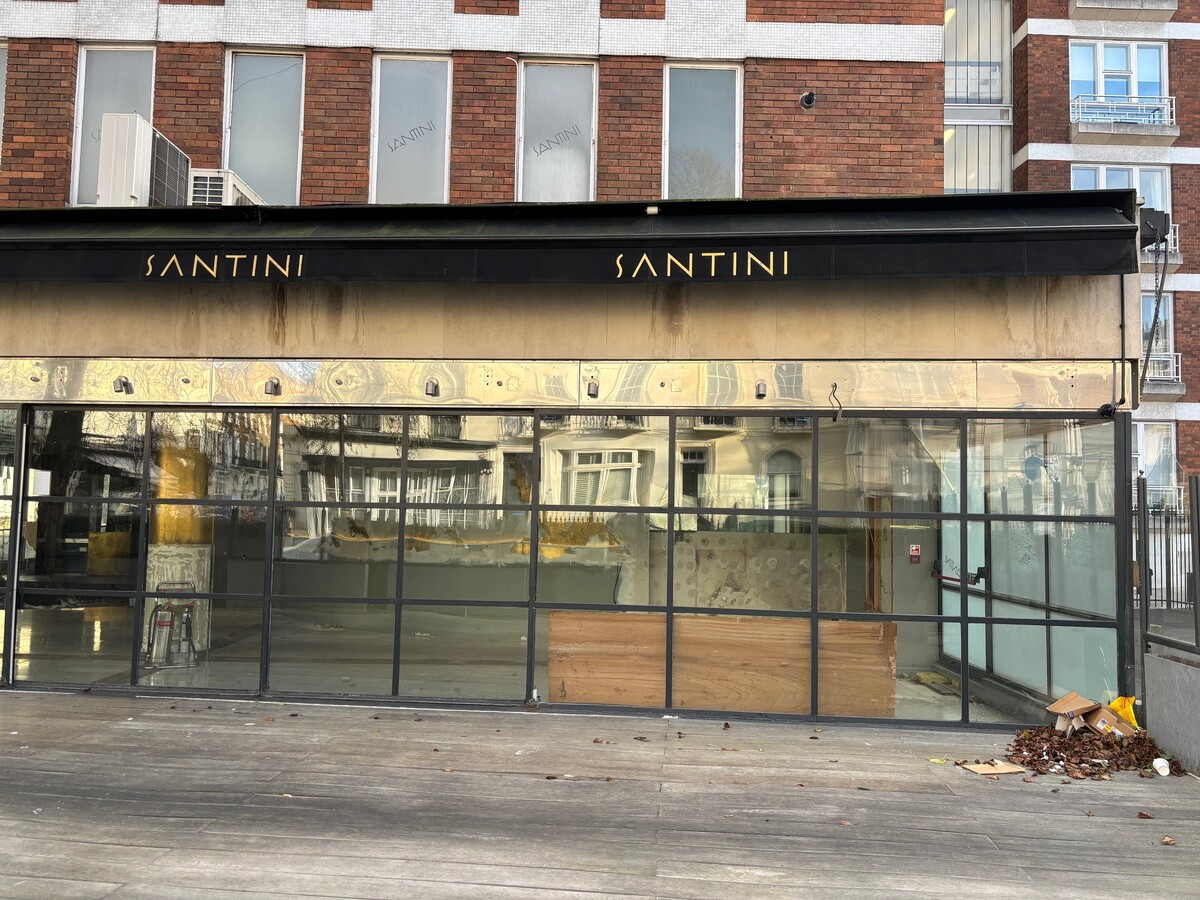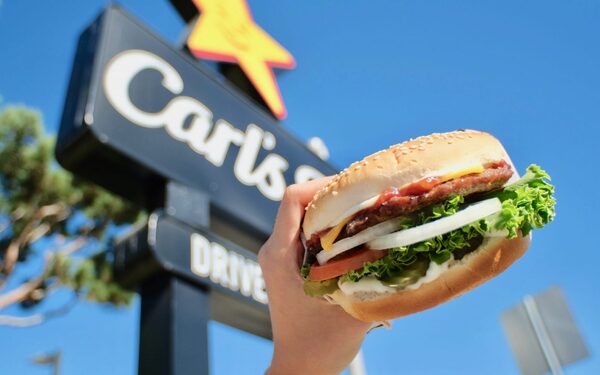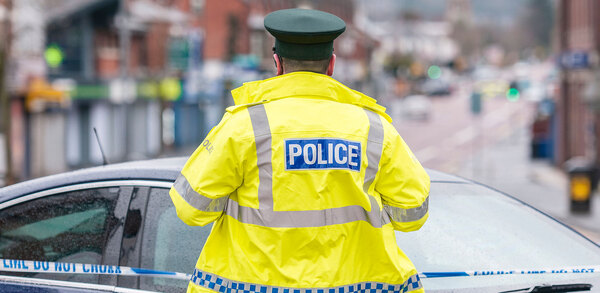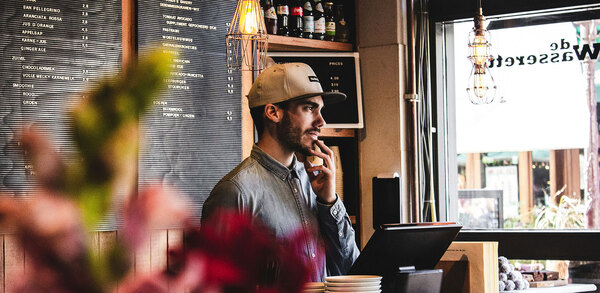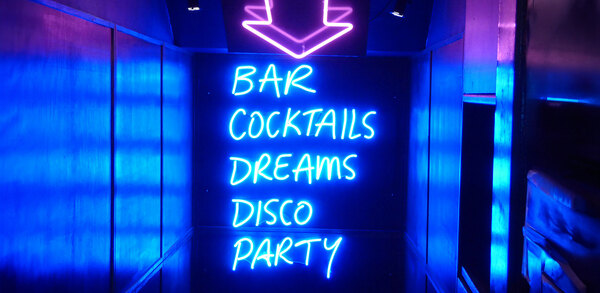What makes an alcohol promotion ‘irresponsible’?
Promotions are great to get customers through the door and spending more, but be careful when it comes to alcohol deals, says Piers Warne
The problem
Recent reports have shown that operators are increasingly using data to build tailored offers and promotions to enhance brand loyalty and boost sales by improving footfall in bars and restaurants. With the Rugby World Cup coming up and lots of operators planning to show the games in their premises they will, no doubt, be launching offers to help get people through the door, but when it comes to alcohol promotions there are dos and don’ts.
The law
All premises in England and Wales are subject to a mandatory condition on their premises licence which, in a nutshell, states: “The responsible person must ensure that staff on relevant premises do not carry out, arrange or participate in any irresponsible promotions.”
These are defined as:
(a) games or other activities designed to require or encourage, individuals to:
(i) drink a quantity of alcohol within a time limit, or
(ii) drink as much alcohol as possible;
(b) provision of unlimited or unspecified quantities of alcohol free or for a fixed or discounted fee to the public in a manner which carries a significant risk of undermining a licensing objective;
(c) provision of free or discounted alcohol or any other thing as a prize to encourage or reward the purchase and consumption of alcohol in a manner which carries a significant risk of undermining a licensing objective;
(d) selling alcohol in association with promotional materials, which can reasonably be considered to condone, encourage or glamorise anti-social behaviour or to refer to the effects of drunkenness in any favourable manner; and
(e) dispensing alcohol directly by one person into the mouth of another.
Expert advice
Operators need to apply a common-sense approach when designing alcohol promotions. For example, offering free drinks every time England scores during the Rugby World Cup would be deemed irresponsible as it is unlimited, unspecified and encourages customers to drink more than they ordinarily would.
Discounts, such as a ‘happy hour’ discount or two-for-one offers, are less likely to be considered irresponsible as there is no specific encouragement to drink more than you ordinarily would. After all, customers are still paying for drinks. However, drink offers deemed to be excessively low, for example ‘all you can drink for £20’ would be deemed unacceptable as this clearly encourages customers to drink in excess to ‘make the most of the offer’.
A bottomless brunch is not, in and of itself, automatically an irresponsible promotion. Even the use of the word ‘bottomless’ in the promotion does not automatically make it irresponsible. The overriding consideration remains whether or not the promotion ‘carries a significant risk of undermining a licensing objective’.
There is no reason why a bottomless brunch, with proper terms and conditions and some ‘ground rules’ to prevent customers from simply helping themselves to an unlimited supply of prosecco would not be perfectly legal. Setting time limits, including a decent brunch menu with the option of additional food and managing the supply of alcohol to the table, are all good means of running a safe and attractive promotion.
To-do checklist
- Use your common sense when designing drink promotions. Consider whether the promotion is encouraging customers to drink in excess and/or glamourising drinking. If the answer is yes, we advise revising the offer.
- Check your terms and conditions. Ensure limits are in place for promotions offering ‘botttomless’ products.
- Consider offering food with bottomless products.
- Ensure adequate training is provided to staff when it comes to how much alcohol can be served to customers. Ensure staff understand how and when to limit the purchase of alcohol, even if offering a ‘bottomless’ product.
- Double-check your licence. Promotions will be judged against whether they undermine licensing objectives. Ensure you’re up to date with your licence requirements.
Beware
If you are found to be running an irresponsible promotion, it is likely to be in breach of a number of laws: firstly, there is the breach of the mandatory condition not to engage in irresponsible promotions, but also as the test will likely be ‘are customers getting overly intoxicated?’ you are likely to be breaking the law in relation to the service of intoxicated persons. Prosecutions and reviews of licences, in serious cases, can result.
Piers Warne is a legal director at law firm TLT



